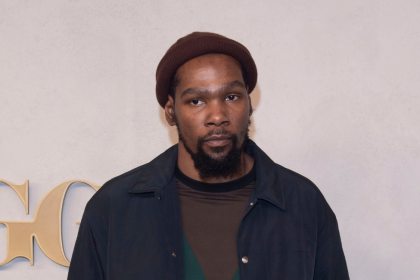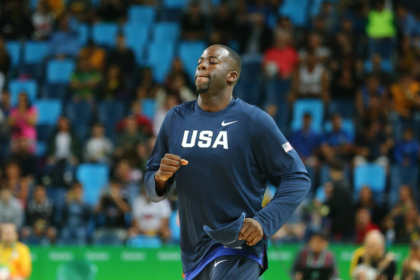“Despite constituting only three percent of four-year colleges in the country, HBCUs have produced 80 percent of the Black judges, 50 percent of the black lawyers, 50 percent of the black doctors, 40 percent of the Black engineers, 40 percent of the Black members of Congress, and 13 percent of the Black CEOs in America today,” Hill wrote.
However, some disagreed with Hill and claimed that she was encouraging the practice of segregation.
“Nothing to see here just Jemele Hill advocating for segregation,” Caleb Hubb tweeted. “This is literally racist.”
Radio host Jason Rant tweeted, “There’s no such thing as a White college. But if we’re preaching dehumanizing segregation, perhaps Jemele Hill should leave The Atlantic. Surely that counts as a White publication? Ridiculous take.”
But while Hill faced a backlash from a slew of social media users, some defended her piece.
“Jemele Hill is not advocating for segregation,” Veuve DeBarge tweeted. “She’s posing a hypothetical on how to keep the fruits of Black labor in the Black community, as opposed to the current system where the free labor of young Black men enriches mostly White people.”
Julia Symoné added on Twitter, “[Jemele Hill] promoted rebuilding our own institutions. So now it’s wrong to want to support those that support you? Would you rather go where you are ‘the White friend’?”
Overall, the future of HBCUs could be solidified if top Black athletes decided to attend Grambling University over LSU, or Bethune-Cookman over Florida State University. It’s a concept that would nearly wreck an institution predicated on superior athletes that are often Black.













